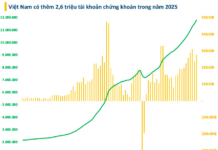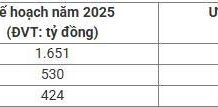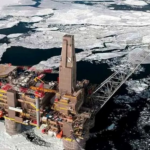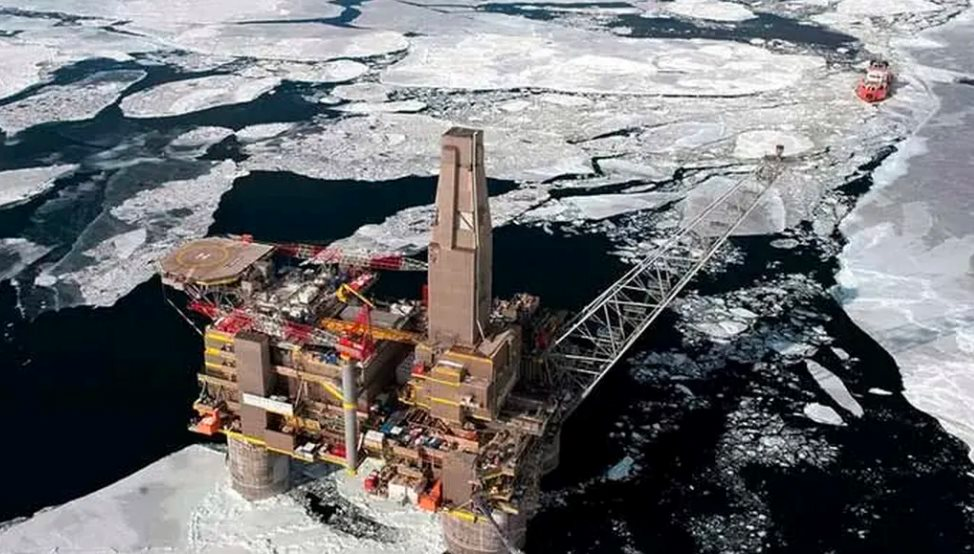
According to The Daily Galaxy, a colossal oil reserve, estimated by Russian research teams to hold up to 511 billion barrels, has been discovered beneath the Weddell Sea in Antarctica. This staggering figure is nearly double Saudi Arabia’s proven reserves and over ten times the North Sea’s output over the past 50 years. This is no minor find—it ranks among the largest oil reserves ever reported on Earth.
Details of this potential oil field were presented to the UK Parliament’s Environmental Audit Committee (EAC) in mid-2024, immediately capturing the attention of both the scientific community and the global energy sector. The discovery highlights the vast, untapped energy potential of remote polar regions, which have historically received limited exploration and research.
The 511 billion barrel estimate, as presented to the UK Parliament, is based on seismic studies conducted by Russian exploration vessels in the Weddell Sea. While this data has yet to be independently verified in publicly available scientific literature, it has sparked significant questions about the economic and strategic implications of the region.
This discovery has also piqued the interest of scientists and geopolitical experts, given its scale far exceeds previously known reserves. Professor Klaus Dodds, a geopolitics expert at the University of London, remarked, “This is among the largest oil reserves ever reported on Earth. Its potential could reshape perceptions of global oil supply in the future.”
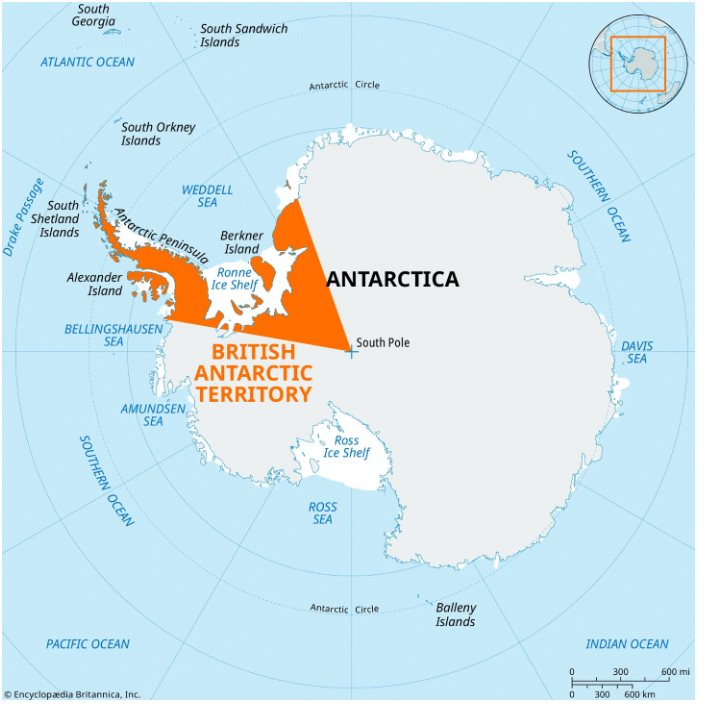
The 511 billion barrel estimate is based on seismic studies conducted by Russian exploration vessels in the Weddell Sea.
The Russian research area lies deep within the Weddell Sea, where harsh environmental conditions and thick ice make exploration extremely challenging. Research teams utilized advanced seismic technology to map the seabed, identifying geological structures capable of holding oil and natural gas.
Russia has maintained research stations in Antarctica since the 1950s and has intensified seismic surveys in recent years. While the primary focus is scientific research, experts note that the collected data could also provide critical insights into potential future energy extraction zones.
Although Russia made the discovery, much of this resource falls within the territory claimed by the United Kingdom. Antarctica is protected under the 1959 Antarctic Treaty, which prohibits mineral and oil development in the region. The UK’s interests in Antarctica are managed by its Foreign Office.
Nonetheless, this discovery carries significant economic and strategic implications. Amid growing global energy demands and the depletion of traditional oil sources, untapped reserves in remote polar regions could become crucial strategic assets.
Reports suggest that this massive oil find could influence how nations plan their long-term energy strategies. Russia, a major energy producer, may consider future extraction if technological advancements and environmental conditions permit. Collaboration with other nations interested in polar energy could shape investment and extraction decisions for decades to come.
Experts caution that extracting oil from harsh environments like the Weddell Sea would require advanced technology and substantial costs. However, the sheer scale of the potential reserve makes these challenges economically viable. If successfully developed, this oil field could supplement global energy supplies for decades, reshaping the world’s energy landscape.
Unprecedented Discovery: 511 Billion Barrels of Oil Unearthed, Doubling Reserves of Top Oil Giants in Largest Find Ever Recorded on Earth
Although Russia made the discovery, the oil and gas reserves fall under the sovereignty of the United Kingdom.



















